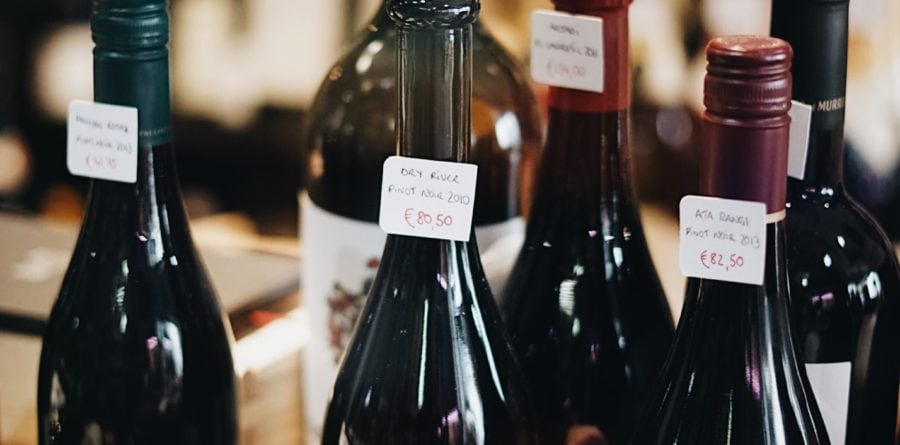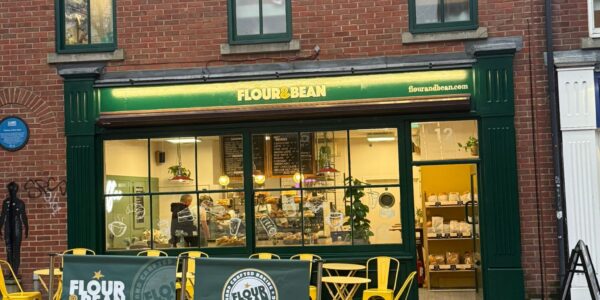Perks of post-Brexit Britain: The rise of independent wine shops
26/02/2019 - Go Brazil Wines

The Competition and Markets Authority ( CMA ) decided last month to delay their ruling on the proposed merger between Asda, owned by Walmart, and Sainsbury.
In brief, the CMA cited ‘extensive concerns’ that the merger could lead to a lack of competition between supermarkets in some towns and cities, which might result in higher prices and possibly lower quality products.
All of which would be bad news, but perhaps not such a surprise for wine-drinkers, who in recent years will have seen a gradual decline in the size of supermarket wine aisles and a consequent reduction of choice. Regardless of the CMA’s final decision, it should be said that the wine producers themselves are also partly to blame.
Constellation, a leading US drinks company and supplier of familiar wine brands such as ‘Nobilo’, ‘Ruffino’ and ‘Kim Crawford’, has just announced plans to focus exclusively on its (most profitable) ‘power brands’, meaning some 40% of its branded wine portfolio will be discontinued. If a company of this size is streamlining its range, then others may well also do so in future.
In truth, only the very best funded companies can afford to pay for the space on shelves and to support the promotions which are demanded by the supermarkets. They themselves then compete with their suppliers with their own ‘private label’ brands. Mainly bulk-shipped, private label brands provide for a higher margin, but are invariably produced in a prescribed style, and to a defined, often low price point. Consequently there is little space remaining, in every sense of the word, in which small or medium-sized wine suppliers can operate.
Most tellingly, although perhaps half the countries in the world produce wine, around 95% of wine sold by UK retailers, by value, comes from just ten nations. Market research company Nielsen’s statistics to end January 2019 also reveal that five red grape varieties account for 23% of red wines sold in this channel: Shiraz, Merlot, Malbec, Tempranillo and Cabernet Sauvignon. Predictable, perhaps, as these are some of the best known so-called ‘international’ varieties, but remarkable when one considers there are some 10,000 different red grape varieties in existence!
While the larger supermarkets undoubtedly offer convenience and generally low prices, Go Brazil believe that UK consumers have a limited choice when shopping for wines in these outlets – and also believe that this is a trend that will continue post-Brexit.
Ultimately Go Brazil urges readers to broaden their horizons through visiting their local independent or specialist merchant, searching online or buying directly from one of their many local vineyards.
For more information on Go Brazil and the wines that they import, please visit their website.
All articles on this news site are submitted by registered contributors of SuffolkWire. Find out how to subscribe and submit your stories here »



